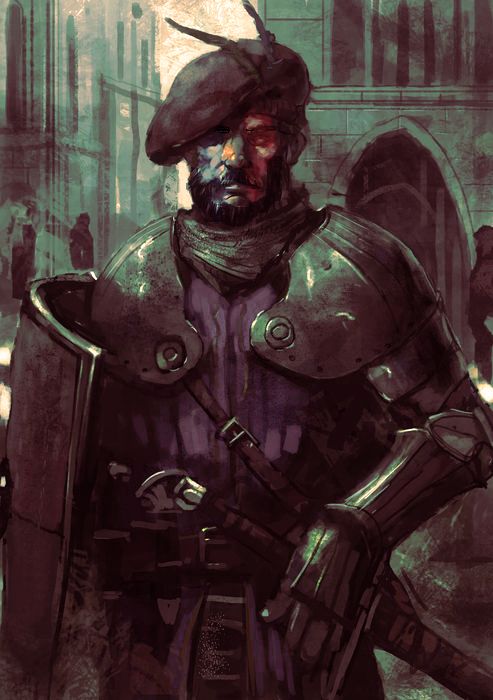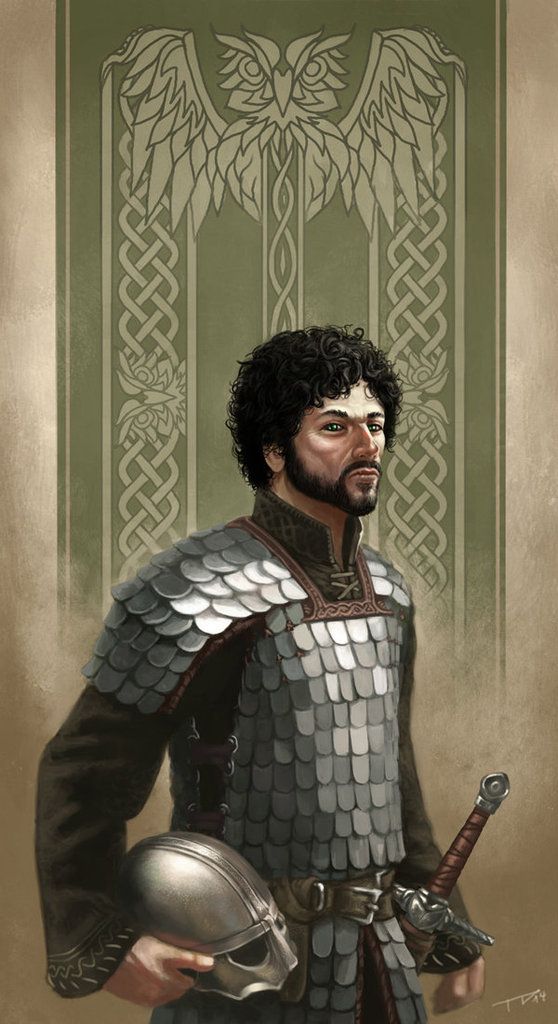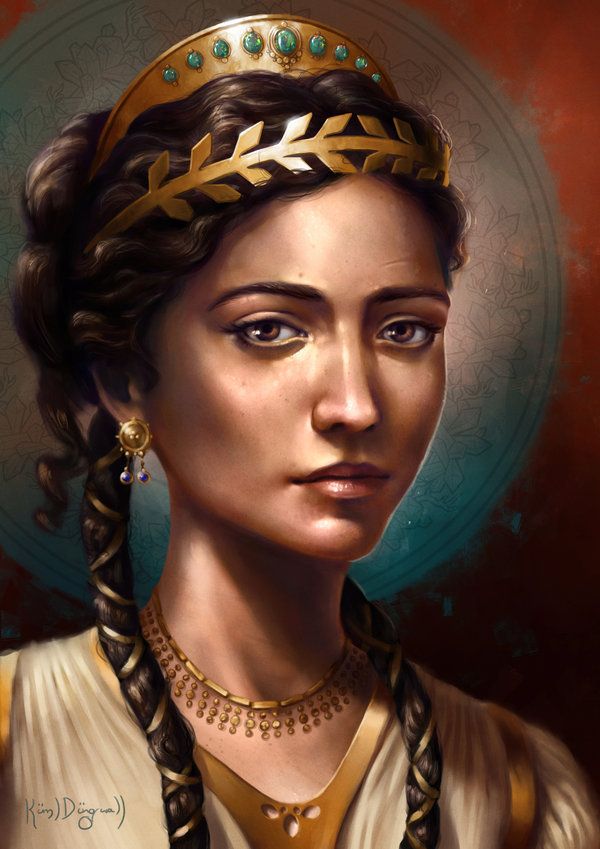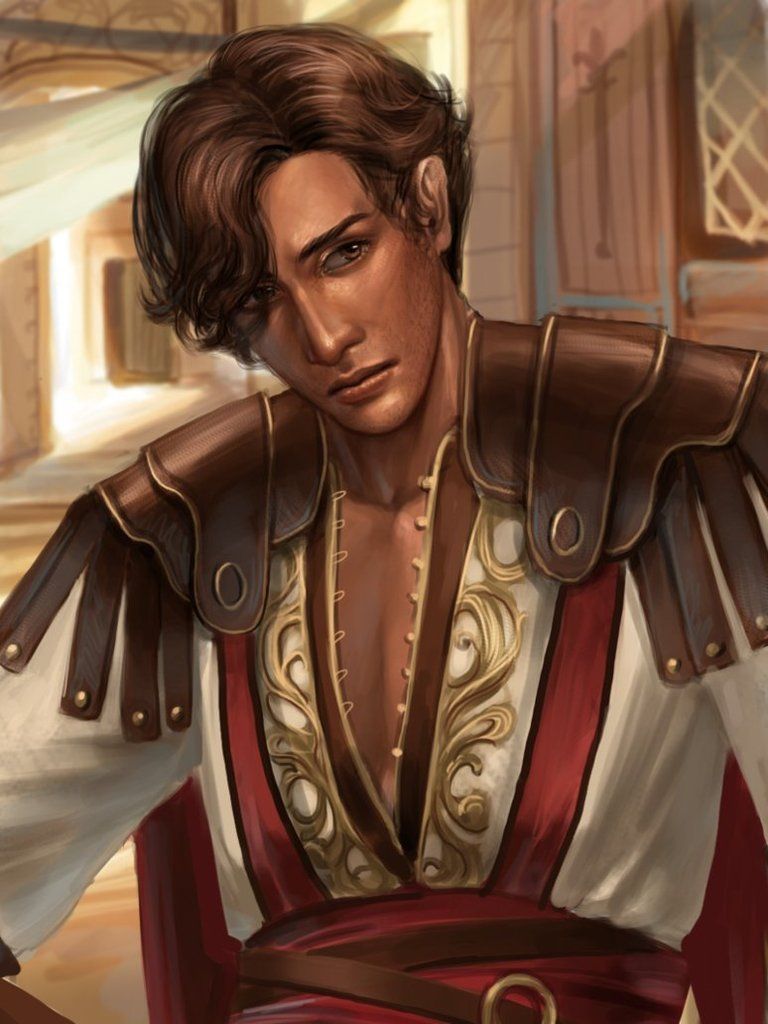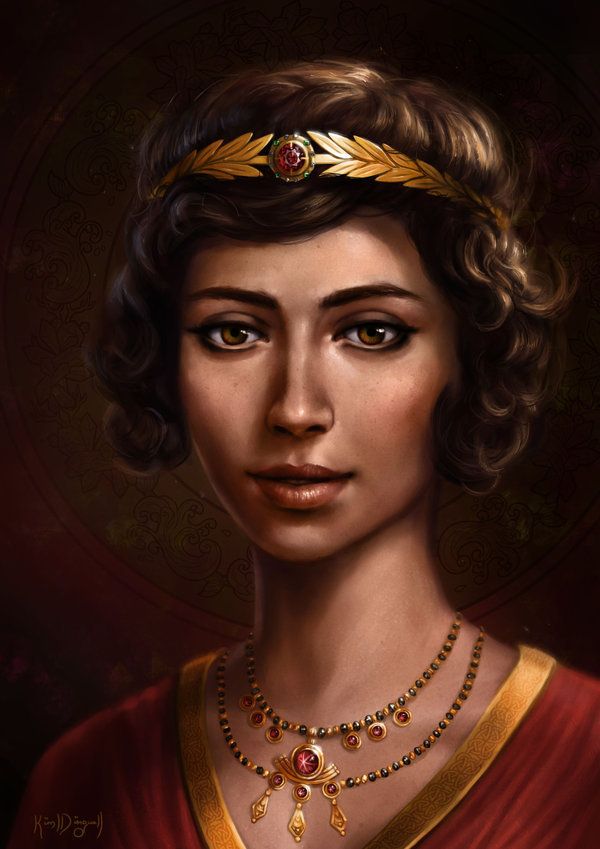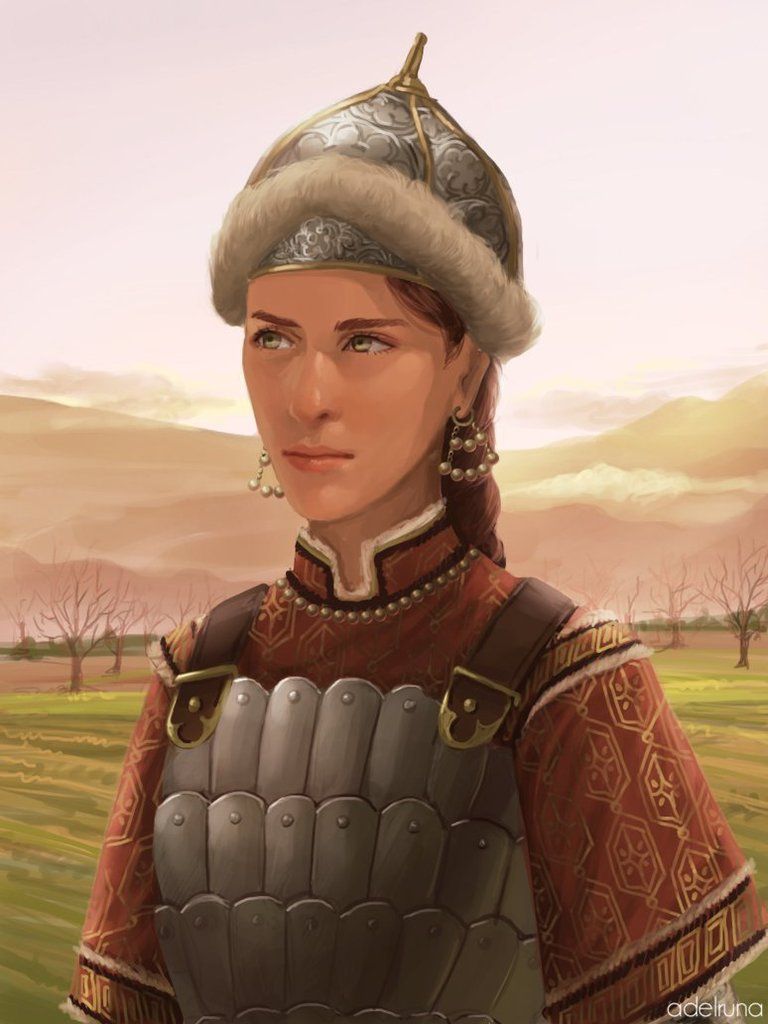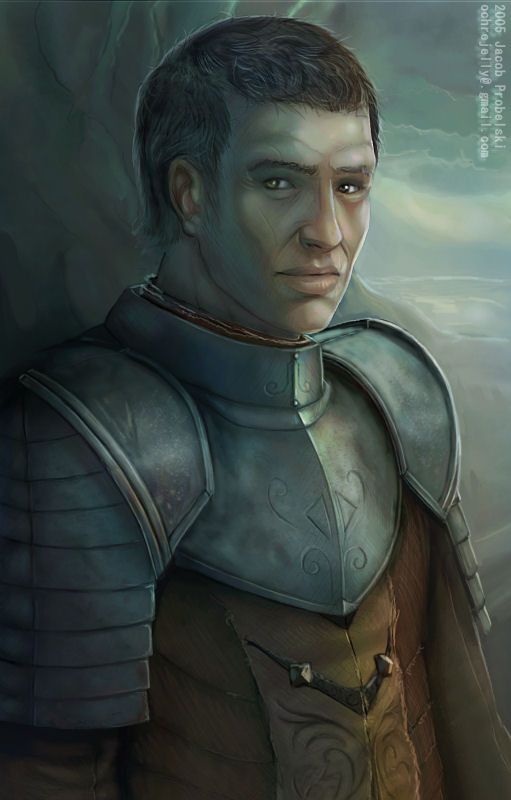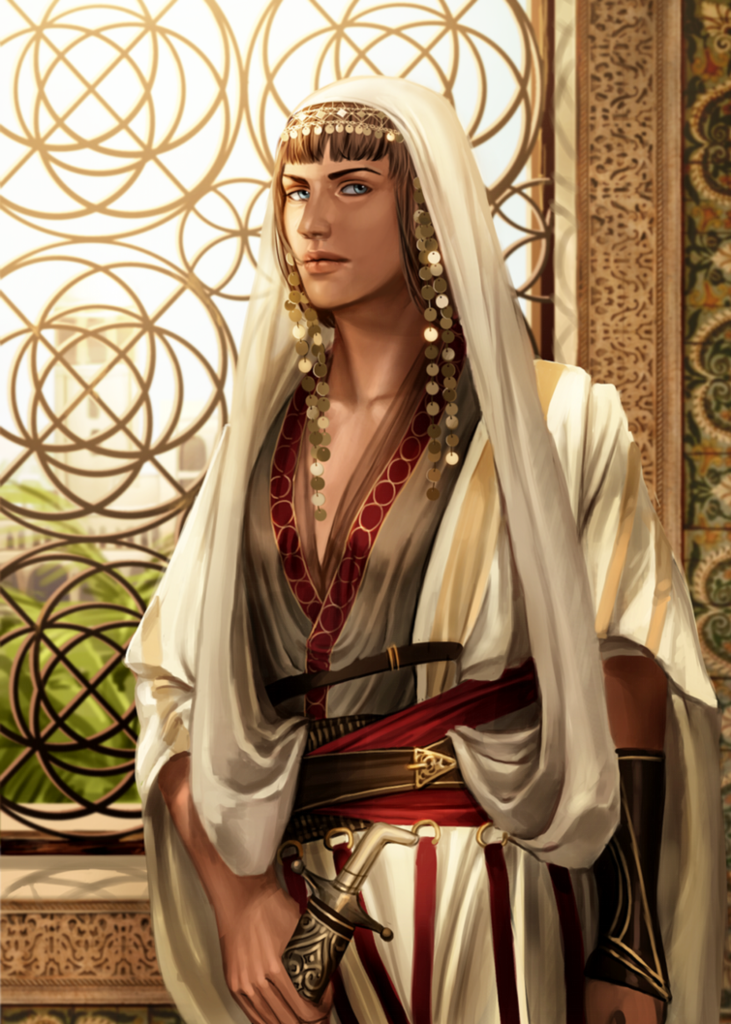Putting me interest in here
babbysama
 Member
Member
The babby
- Last Seen: 4 mos ago
- Joined: 11 yrs ago
- Posts: 483 (0.12 / day)
- VMs: 1
-
Username history
- babbysama 11 yrs ago
Status
User has no status, yet
Bio
Just a guy who wishes he could change his username
Most Recent Posts
In
The Thirteen Colonies - The Survival of The Failures (OPEN)
→
9 yrs ago
Forum: Advanced Interest Checks
Still room in here? I'd love to be a part of something like this.
Thinking of rolling a tribe inspired by Central Asia/Tibet/Mongolia/Xingjiang
Thinking of rolling a tribe inspired by Central Asia/Tibet/Mongolia/Xingjiang
Any news from Thrashy?
Just posting to say I'm still here!
I'll finish up my first IC post and try and have it up ASAP
I'll finish up my first IC post and try and have it up ASAP
@Vandy I agree wholeheartedly. Too many RP's I've been involved in that showed enormous promise got bogged down in the process of getting the ball rolling, and eventually the ball never rolled. If a few IC posters can get things going it'll attract more people and give us an impetus to stay onboard.
@Dblade26 Of course lol. I think a lot of us just default to that kind of character because it gives us freedom of movement or something. I'm drawing up two more characters that are anything but the mercenary/smuggler/Han Solo types.
Also, have my first IC post written out, ready when you are
Also, have my first IC post written out, ready when you are
Okay, finally posting this CS. Hopefully will be able to integrate this guy up in some of them there northern schemings, or wherever mercenaries might be needed. Also, apologies for some of the more poorly written parts of the CS/long-windedness, the reason it took so long to write was precisely because of the last two parts, so ¯\_(ツ)_/¯
Time to get to finishing my NS now.
Time to get to finishing my NS now.
Niceuuu
Any takers for a Duchy in Voltaani? 
Also, if there's a civil war up there in the North, it might be the perfect environment for my mercenary character (which I haven't posted yet because I'm lazy) to delve into, if there are any mercenaries thereabouts.
Also, for my neighbors and others, any idea about some of the IC relations Voltaani might have with some of the rest of the kingdoms? I was thinking of using some of Cerberov's ideas, but I wanted to confer with the people playing Caelia and etc. first since I assume they've changed since the reboot.

Also, if there's a civil war up there in the North, it might be the perfect environment for my mercenary character (which I haven't posted yet because I'm lazy) to delve into, if there are any mercenaries thereabouts.
Also, for my neighbors and others, any idea about some of the IC relations Voltaani might have with some of the rest of the kingdoms? I was thinking of using some of Cerberov's ideas, but I wanted to confer with the people playing Caelia and etc. first since I assume they've changed since the reboot.
House Name
Great House Antar, ruling house of the Merchant-Kingdom of Voltaani
Sigil

A spartan, yet striking icon: a white-gold disk on a field of undulating chevrons of burnt umber, the symbolism of House Antar’s sigil is twofold. Principally, the disc represents the cyclicity which lies at the heart of Voltaani’s Diosaean belief---but it can also be seen as a direct manifestation of the sun, a powerful icon in the culture of the Huanapada, the indigenes of the Verge whom the Voltaani displaced following their exodus, and a symbol which reigns in the hot and arid lands of the kingdom.
House Words
“Sun and Steel”
House Specialty
Shrewd Tradesmen: Whether it be trading in silks, spices, precious minerals, wine, oil, and even flesh, House Antar are renown for being one of the wealthiest houses in Orlandis, in no small part due to their successful forays into commercial enterprise. The Antar maintain scrupulous relationships with the great merchant families of Voltaani, and have their finger on the pulse of trade in the region and throughout Orlandis. This has led to the adoption of the appellation of “Merchant Prince” to describe certain members of the house.
Ancestral Weapon
Oagílas, roughly transliterated into modern Voltaani as, “Amber Tongue”. The ancient blade of King Ignál---the ruler who founded the Antar dynasty far in the mists of antiquity---who, according to mythological record, forged the sword from the smouldering ore of a fallen meteorite and the tears of his virgin daughter. Even today, the erudite smiths of Voltaani have been unable to replicate the techniques which were used to craft the sword. An icon of unparalleled mythical significance, Oagílas has been kept close throughout the centuries and has followed House Antar across the waves to Orlandis---not even in the confusion of the Rape of Gran Voltá was Oagílas lost.
Important Members
Courtiers & Retainers
The Small Council
Chancellor: Prince Erasmo “The Wise”
High Priestess: Ajora, Keeper of the words of the Santo’Libro and voice of Saint Jovita
Marshall: Duke Carlomagno Ojeda y Fantón of the Duchy of Montáz
Sage: Faisal, a Brother of Weisheit from Atularis
Sentinel: Ser Basajuán Estèbe, Captain of the Royal Cavaliers
Spymaster: Ibiza, also from Atularis
Steward: Leandro Dalphés, heir to the merchant House Dalphés
Courtiers
- Ser Enzo Huertas, Constable of the City Guard of Léonez
- Ser Barnabas “The Tankard” Axto, a famously drunken cavalier in the service of House Antar.
- Princess Ursulina Caspár, wife of Prince Efraín
- Princess Lupita, eldest daughter of Efraín and Ursulina, age sixteen
- Prince Teodór, only son of Efraín and Ursulina, age thirteen
- Princess Rigoberta-Flores, youngest daughter of Efraín and Ursulina, age nine
- Princess Yona, wife of Erasmo “The Wise”
- Prince Fabrizio, eldest son of Yona and Erasmo, age nineteen
- Prince Orlando, youngest son of Yona and Erasmo, age fifteen
- Mirabel, Xevera, and Isidora, courtesans in the service of Prince Efraín
- Aurelio, the Court Bard
- Antón, the Court Jester
- Portas, the Royal Chef
Vassals
- House Artejo, ruling house of the Duchy of Ordón (3)
- House Ibrál, ruling house of the Duchy of Calmejos (5)
- House Edur, ruling house of the Duchy of Txau (1)
- House Navaraño, ruling house of the Duchy of Ximénes (7)
- House Borocón, ruling house of the Duchy of Miramanto (9)
- House Uvadarse, ruling house of the Duchy of Zuerta (6)
- House Ignáz, ruling house of the Duchy of Montas (8)
- House Umbertamos, ruling house of the Duchy of Umbería (2)
- House Llose, ruling house of the Duchy of Orgales (4)
Realm
The Merchant-Kingdom of Voltaani, the Verge of Orlandis
Primary Holding
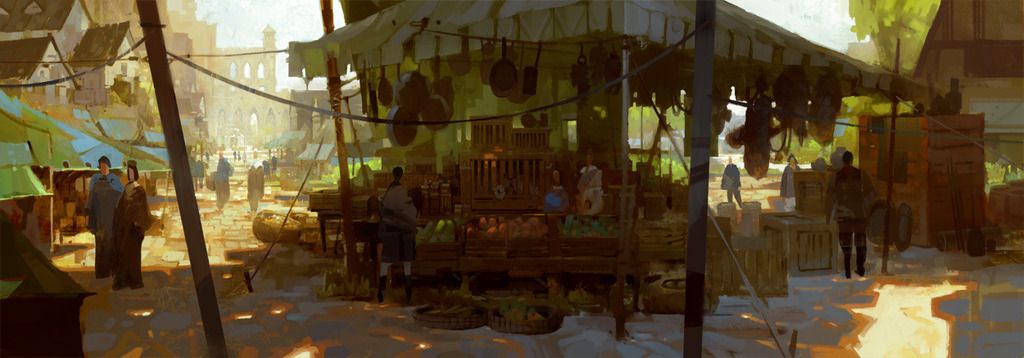
The Grand Port of Léonez, Capital of the Merchant-Kingdom of Voltaani
Léonez, being situated at the easternmost tip of the Verge, serves as the gateway to Atularis and is perhaps the most bustling port of Orlandis. It was the landing point of the exiles of Voltaani, uninhabited (or so they surmised) and near fresh water, and thus the foundations of the city were laid shortly thereafter. The Quayside is the largest district of the city and where most of the port’s trade is conducted---large shipping houses line the water's edge, constantly abuzz with the activity of exchange; all manner of tongues, creoles, and pidgins can be heard, and seamen and traders from a thousand nations can be seen; hawkers cry their wares, selling oysters and clams and sweets and all manner of foods that titillate the sea-weary sailor; at the far end of the Quayside there are the public houses and whorehouses, offering the two things irresistible to sailors. Few habituate the district, however, for the scent of fish and mud and the raucous clamor of the wineskins do not let up until dawn.
Adjacent to the Quayside is the Bell Quarter, where most of the city’s wealthy live. Here can be found the grand mansions of the Great Merchant Houses, and the first chapterhouse of the Merchant’s Guild. But a short walk from the Bell Quarter is the Plaza of Annunciation, in which stands the sweeping spires and steeples of the Templo del Refugio, one of the two seats of the Diosaean faith in the known world and a site to which many pilgrims flock. Rising above even the Templo del Refugio, shimmering atop Mount Cascalboa stands Ignál’s Holdfast, the home of the royal family and the seat of government.
Below that stretches the craftsmen’s district of Berlanga’s Ingle, so named because of its smoke from the forge fires. It is in this quarter that the great smiths craft the fabled Voltaani steel. Adjacent to “The Ingle”---as it is known to locals---stretches the ancient Bazaar Carbajal, where most of the city’s trade is conducted. It is said that anything known to human beings has passed through the Bazaar, and that in some nook or cranny of the marketplace, if one looks, one can find peddlers selling the dust of faeries and the powder of dragons’ bones.
Finally, the smallest district of the city is simply referred to as “The Slums”, for that is exactly what they are. Once a monasterial complex which was lost to fire, the city’s poor live out their miserable lives in sight of some of the richest people in the world.
The outskirts of the city offer some of the most excellent farmland in Orlandis, and many plantations have been erected there. The principal crop is sugarcane, but date palms, oranges, wine grapes, wheat, carob, pistachio, almonds, prickly pear, olives, figs, and pomegranates also thrive and feature heavily in local diets. Further in the interior, many tropical foodstuffs---custard apple, avocado, coffee, and some cultivars of banana---introduced from Atularis, have been introduced and found some success.
Vassal Holdings
WIP
Influence & Relations
- The remnants of the Imperium of Vndos: The Kingdom of Voltaani is the largest piece left of the once proud trading empire that it came from, but other parts exist. The Republics of Ortan, Orm, Nevra, Ralos, and Naeos are seemingly mere provinces compared to their might at the height of the Imperium, but they are both invaluable as trading ports, and the few pieces of the Imperium that escaped the collapse following the Voltaani Exodus. (taken from Cerberov)
WIP
Exports & Imports
- Wine: Wine is ubiquitous, both on the tables of freemen and of nobles, and Voltaani is known for its fine sweet wines. The hill country of Calmejos and Orgales in particular are renown for the fine vintages they produce, and these are some of the most prized wines throughout Orlandis. Date and fig wines are produced in the south, and while few beyond the cultured gourmand has developed a taste for these in Orlandis, they are extremely popular in the former trade republics of Vndos.
- Gold: The eastern mountains of Voltaani are rich with gold veins, and while the majority of this gold is minted, the remainder is taken by jewelers and goldsmiths, who turn it into works of art and jewelry designed to cater to nobility. Gold is by far Voltaani's most lucrative export, though the current difficulties of finding ore in the mountains have slowed trade. (taken from Cerberov)
- Spices: Voltaani itself produces a variety of spices, such as cassia, olibanum, cumin, poppy seeds, and saffron, but is heavily involved in the Atularian spice trade, and thus provides Orlandis with much of the spices valued by the nobility and in doing so reaps a fortune.
- Mercenaries: Foreign mercenaries are commonplace in Voltaani, comprising much of the military power of the nobility---yet the Order of the Palm, the state-subsidized mercenary company, is commonly hired out by the squabbling lord of both Orlandis and Atularis and famed for their prowess on the battlefield.
- Wheat: Voltaani is one of the “bread baskets” of Orlandis, and provides many areas with climes inclement to wheat with the valued grain.
- Sugar: Grown in the subtropical lowlands near Léonez, it is exported in the form of stamped muscovado cakes all throughout Orlandis. A common crop in Atularis, Voltaani exports almost all of its sugar to Orlandian clients, who in the past have satisfied their sweet tooth with carrot, beet sugar, or honey.
- Textiles: Voltaani exports silks, fine damasks, and light cotton vestments to a mostly aristocratic clientele around Orlandis.
- Slaves: Infamous even in Voltaani though not entirely illegal, slaves gleaned from Atularis comprise one of the most lucrative Voltaani enterprises. Many Orlandian clients have even begun selling to the Voltaani in hopes of cashing in on the trade. Most slaves are touted as status symbols by aristocrats in Orlandis, though they are gaining traction as field laborers to some of the more affluent plantation owners in southern Voltaani. Still, they are far too expensive to ever replace the peasantry.
Recent History
WIP
Other Information
WIP
Characters Played By babbysama
© 2007-2024
